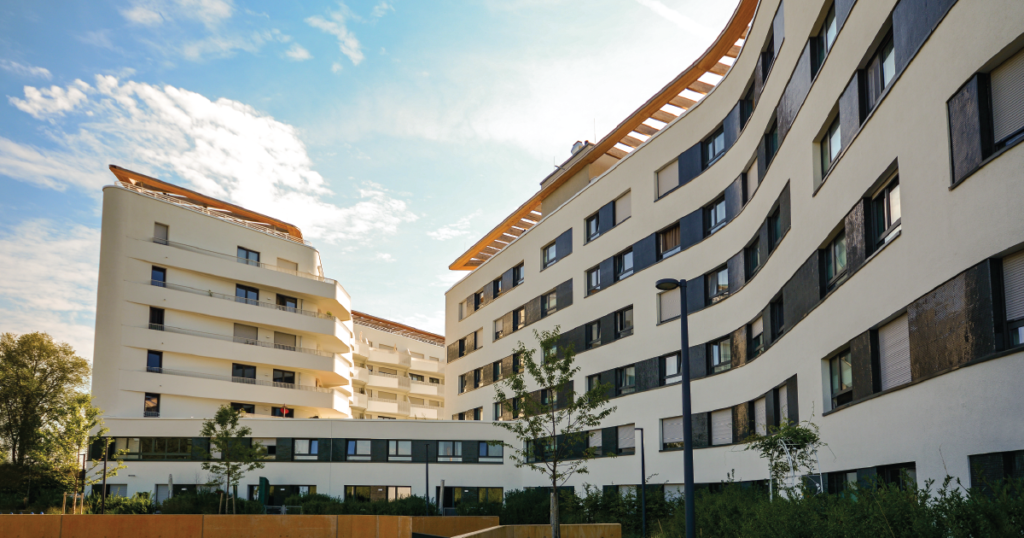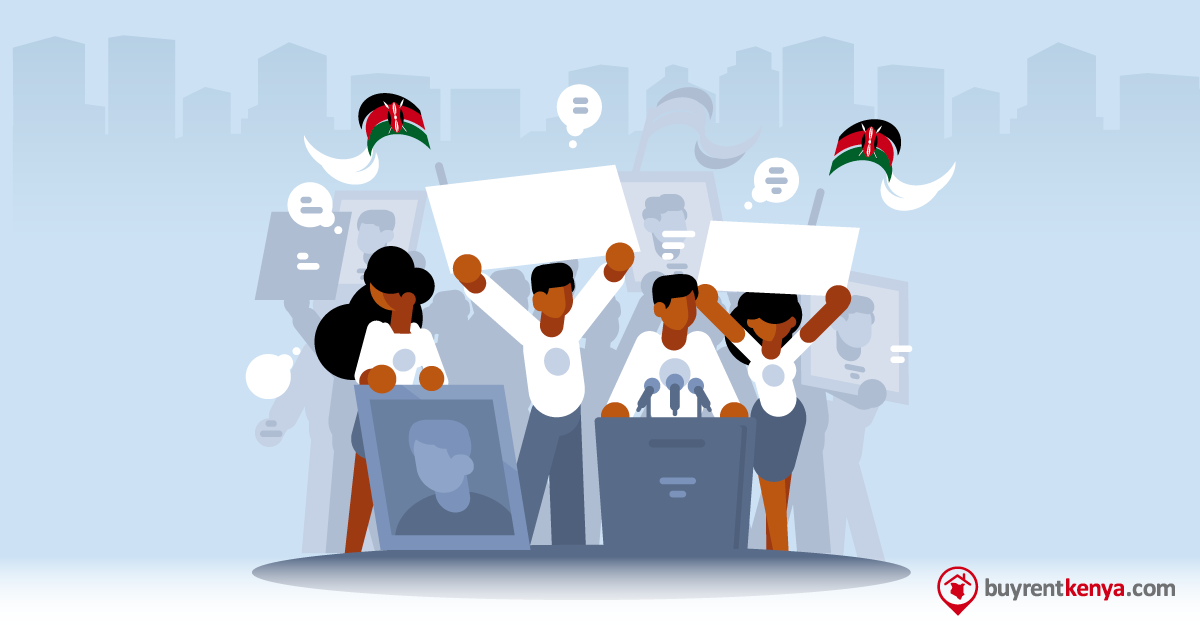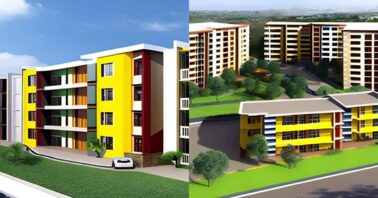In the last couple of years, the Kenyan Real Estate sector has shown tremendous and notable upward growth. According to the Q3’2021 Gross Domestic Product (GDP) report by Kenya National Bureau of Statistics, the sector grew from 4.1% to 5.2% in a one year period. This can be attributed to factors such as improved infrastructure, the government’s affordable housing initiative and local and international retailers expansion. On the other side, we have challenges that hinder this very growth, such as inadequate development financing, oversupply in the commercial and retail property sectors as well as the looming economic instability as a function of the upcoming general elections in Kenya.
In this article, we will use evidence from past election years and current 2022 property trends to estimate the impact of the 2022 general elections on the Kenyan Real Estate sector, focusing on property seekers, developers and commercial property.
1. PROPERTY SEEKERS

Kenyans expect an increase in expenditure, spearheaded by outgoing government officials trying to deliver on their development promises last minute. However, trends indicate that this money circulates within mostly infrastructure projects and campaigns, steering off the real Real Estate investments and Business sectors. Overall, this reduces the purchasing power of Kenyan property buyers and renters who are then likely to i)Postpone their property seeking activities altogether until after the elections or ii)Draw further towards affordable housing in satellite towns such as Kikuyu, Ruaka and Syokimau where the rent and sale prices are unlikely to change drastically.
READ ALSO: KMRC’s Affordable Mortgage Options for Middle-Income Buyers

Property seekers will also reduce the occupancy rates in areas prone to pre and post-election disruptions as they increasingly avoid them towards the August 9th election date.
READ ALSO: Creating A Property Seeker Account on BuyRentKenya
2. DEVELOPERS

Developers are estimated to experience both sides of the stick. On one hand, they are today faced with the ripe opportunity to develop affordable housing for a ready market that is just recovering from the COVID-19 pandemic and is primed for investing in 2022.
READ ALSO: Top Property Developers in Nairobi You Need To Check Out

On the other hand, the political uncertainty will force some developers to halt a good number of projects as they calculate their risks around selling and breaking even. It is also important to note that during the election period, banks and credit lenders tend to lower their loan limits as a means of combating high default rates that follow the economic uncertainties. According to the Q3’2021 Quarterly Economic Review by the Central Bank of Kenya, the Real Estate sector recorded a Gross Non-Performing Loans cumulative of Ksh 69.2 bn, which is a 16.6% increase from the Ksh 57.7 bn sum recorded in Q3’2020. Financing for construction of Real Estate projects is therefore most likely to be left to the developers’ own conjuring.
3. COMMERCIAL PROPERTY
According to our data, as of Q3’2021, the sector has recorded notable improvement in the demand and supply for commercial property, due to the recovering economy business activities. The predictions in this sector remain fairly positive as the decline is unlikely to go below its position during the Covid-19 worldwide lockdowns.

However, political uncertainty usually affects investors’ behaviour where they choose to apply a wait-and-see approach, holding off on both business and Real Estate investment opportunities. This means that some businesses will have to pause operations or downsize reducing office occupancy. An upside of this however, could be a high demand for warehouse spaces from companies looking to store merchandise which includes but is not limited to; vehicles, clothing, mechanical equipment, agricultural machinery, plastics and steel, till after the elections.

In summary, Kenya’s 2022 general elections are likely to slow down the Real Estate sector’s upward growth. This is because property seekers, developers and investors tend to exhibit reduced confidence to avoid the adverse effects of the economic uncertainties that come with the season. All the same, a few industry players stand to reap great returns by strategic positioning and enduring operational risks in the hope that Kenya conducts peaceful elections.



